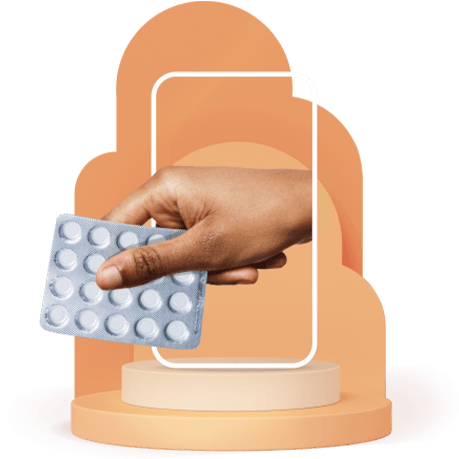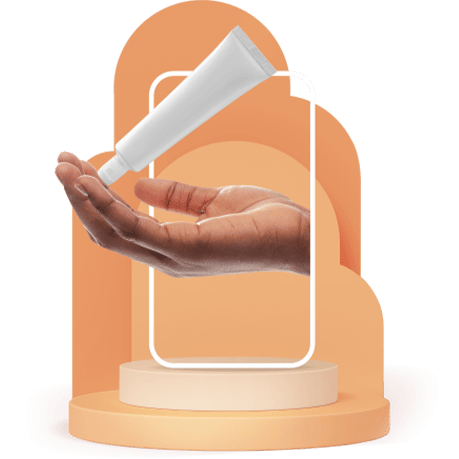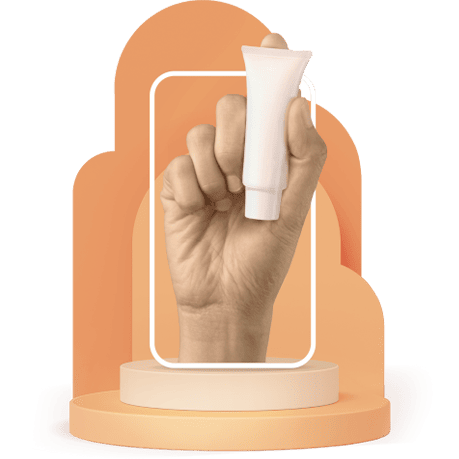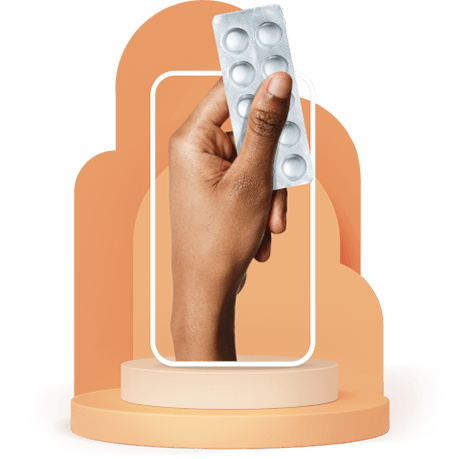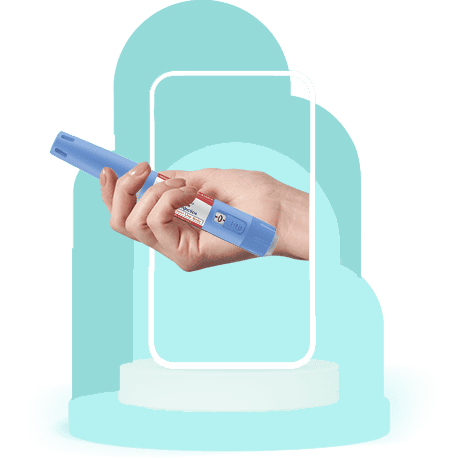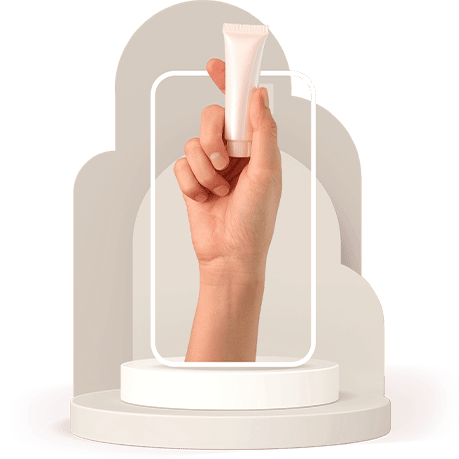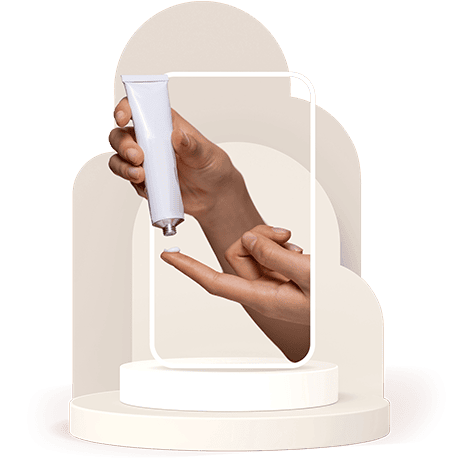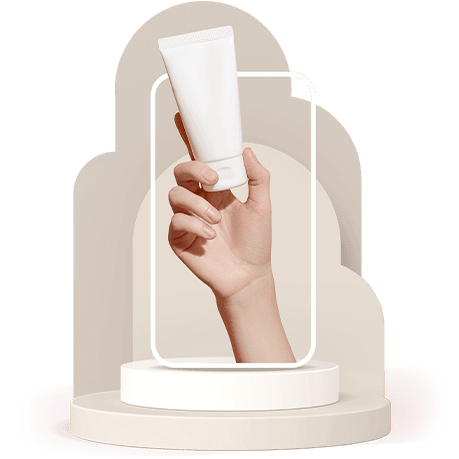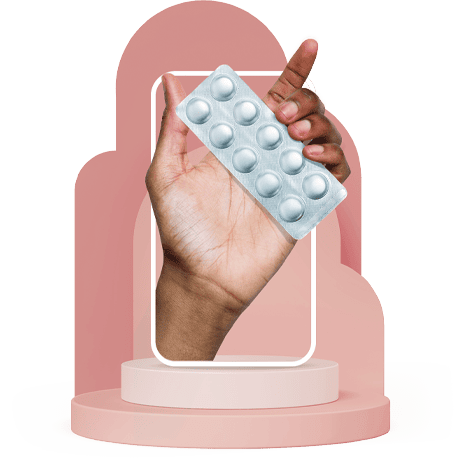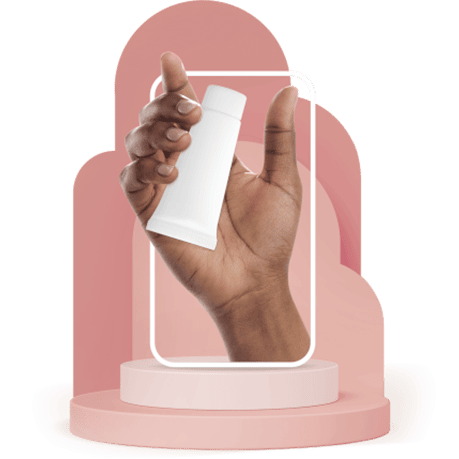Hair loss is a common concern that affects individuals of all backgrounds and ages. At Contro, we understand the importance of addressing your questions and concerns about hair loss. In this blog post, we’ll provide you with comprehensive answers to frequently asked questions, empowering you with knowledge and offering solutions to help you regain confidence in your hair.
What Is Hair Loss?
Hair loss, medically known as alopecia, refers to the process of losing hair from the scalp or other parts of the body. It can be a gradual or sudden occurrence and may manifest as thinning hair, bald patches, or overall hair loss. Understanding the underlying causes is essential to addressing and managing hair loss effectively.
It is estimated that by the age of 35 approximately 66% of men will experience hair loss. The good news is that it is common and there are treatments available. These include topical minoxidil and oral finasteride. However, although these are sometimes effective, they can come with undesirable side effects and are not always effective. Recently, there has been a bit of news surrounding a medication called Loniten, or alternatively oral minoxidil. Doctors have been prescribing this off-label medication to their patients for hair loss, even though it is traditionally used as a medication for high blood pressure. In this blog, we will discuss the currently available treatments for hair loss, their pros and cons and subsequently will discuss why doctors are choosing to prescribe this medication even though it is an off-label product.
Current Treatments
Below are the most common ways to retain your hair and stop hair loss. However, these only work when the hair is thinning and not when someone is completely bald.
Topical Minoxidil 🧴
Topical minoxidil is a commonly administered hair loss treatment for both men and women. It comes in a 2% or 5% foam or a 5% serum which is rubbed onto the site where the hair loss is occurring. One study found that applying minoxidil stopped hair loss for 50% of men and only enabled regrowth for a smaller percentage. Minoxidil works because it strengthens the hair follicles by increasing the blood flow and nutrients to them. It further increases the amount of time these hairs stay on the head and minimises the time they become dormant between the shedding and regrowth phases of the hair cycle, thus prohibiting hair loss. Despite its effectiveness, one of the main side effects and complaints include a residue left on the area where the foam or serum has been placed and also irritation or dermatitis occurring on the area.
Propecia 💊
Alternatively, known as Finasteride, this medication is usually prescribed as a tablet which is taken orally every day. 80% of men have found that finasteride or Propecia stopped their hair loss while 66% found that they had regrowth from using it. Therefore, this is a highly effective medication for treating hair loss. However, there is one major side effect that some users experience when taking it. It includes having a low libido or suffering from erectile dysfunction.
Why Oral Minoxidil?
Oral minoxidil or Loniten is not a new pill. In fact, this pill in a high-dose form is used for high blood pressure and one of the main side effects was hair growth. It was found that about 80% of individuals in clinical trials for Loniten experienced this side effect. Moreover, this hair growth began approximately 3 to 6 weeks after starting treatment. However, it was observed that this hair growth was not permanent and as soon as the pill stopped being taken, hair growth stopped within one to six months.
Loniten is, however, not FDA-approved and is what you would call an off-label product which doctors prescribe their patients. It is nonetheless FDA-approved as a higher dose, oral treatment for high blood pressure. Therefore, this does not necessarily mean it is unsafe to use. It is one of the reasons why it is cheap, and doctors have been prescribing it for a number of years as an off-label product.
Besides Loniten being successful in treating hair loss, its other advantages include no residue or dermatitis from the topical solution, a cheaper alternative and fewer side effects. This can be an option if the current treatments don’t currently work, or it could potentially be used in conjunction with them to try and make treatment more effective.
Should you use oral minoxidil?
If you are interested in using oral minoxidil, you should first consult your doctor to see if this is possible and safe enough for you to use. This is because they know your body and what is right for you. They first may want to try using the main treatments, topical minoxidil and Propecia before putting you on oral minoxidil. Nonetheless, the use of Loniten expands the number of treatments for hair loss and may be able to help individuals whom the common treatments haven’t worked for.


